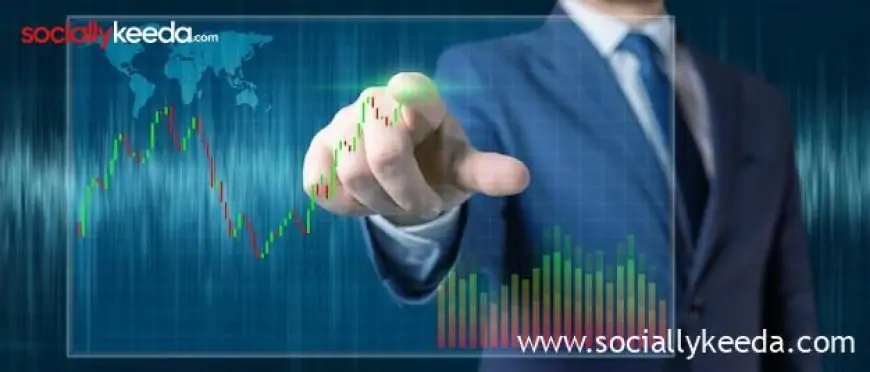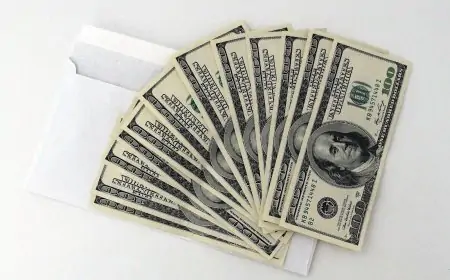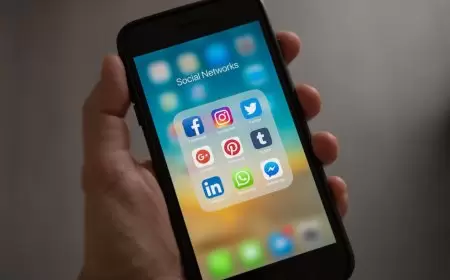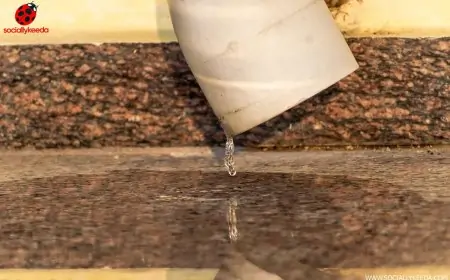In a financial marketplace, a futures market enables the participants to buy and sell futures contracts for stock indices, precious metals, interest rates, agricultural products, and currency pairs at a set price and predetermined future date. In a way, it safeguards traders and investors against losing money on transactions regardless of whether the price of a security, any other financial instrument, or commodity increases or decreases in the future.
The auction market, also called a futures exchange, enables round-the-clock trading and hedging following the laws. These exchanges or marketplaces help assimilate futures contracts, including the buying and selling of underlying assets, like financial securities, commodities, and precious metals. Trading on the futures market is majorly done for speculating and hedging, wherein the former helps benefit the investors with a profit and the latter helps traders cut down a loss.
Get to Know What Futures Trading Is
You should be familiar with derivatives trading to have a better understanding of futures trading. Derivatives are called financial contracts that acquire their value from changes in the price of other financial securities. A derivative's price follows the price of the underlying asset from which it derives its value.
Futures are mainly used for speculating or hedging price fluctuations or mitigating the risks associated with product price fluctuations of assets like stocks, commodities, and bonds. You can initiate a futures contract by making a small payment upfront rather than paying the entire contract price.
Due to their ability to reduce unforeseen costs associated with outright commodity purchases, futures and derivatives contribute to the improvement of the underlying market's efficiency.
A futures contract is an agreement or a contract between a buyer and seller, agreeing to sell or buy a security, asset, index, derivative, or commodity at a predetermined price at a set date in the future.
The price of the asset or derivative changes depending on the price set for the transaction, resulting in a profit or loss for the seller. The stock exchanges are responsible to keep track of the contracts and settle such transactions.
What is the Use of Futures and Derivatives?
When it comes to the investment world, futures are mainly used for speculation and hedging or managing risk.
- Hedging: Futures contracts are normally used for hedging by businesses or institutional investors as an approach to managing the risk of price changes risk of a particular commodity, derivative, or asset in the future in their investment portfolio or operations. Futures contracts are traded, with the purpose of buying or selling the underlying asset or commodity.
- Speculating: Typically, you can buy or sell futures contracts until they expire. They are known for strong liquidity. Traders or investors who want to speculate find futures contracts attractive, for they wish to trade and not own the underlying commodity.
To express a viewpoint on and possibly profit from the market movement for a commodity, investors or traders trade on futures. Then, to save them from any commitment to the actual commodity, they trade in a futures contract compensating any loss incurred before its expiry.
You can meet your hedging or speculating requirements with DBS futures and derivatives clearing accounts. Further, it also offers you to deal in different products on the same multi-currency account and avail of personalised services anytime.









